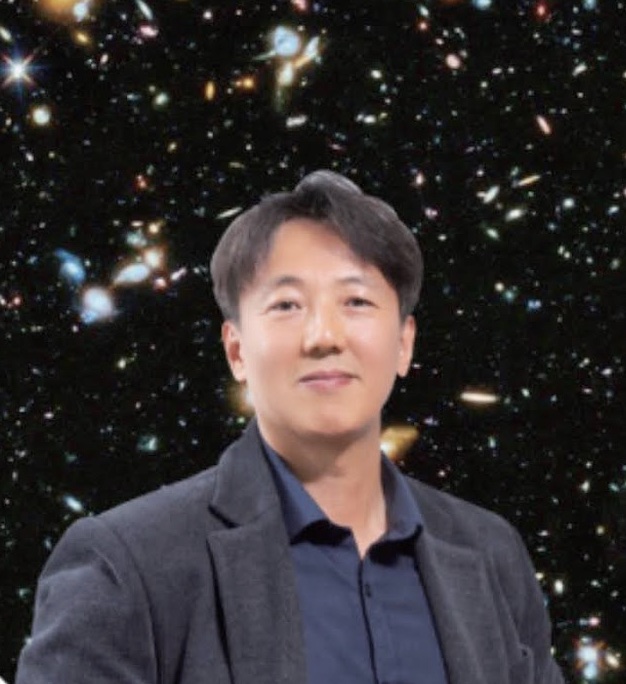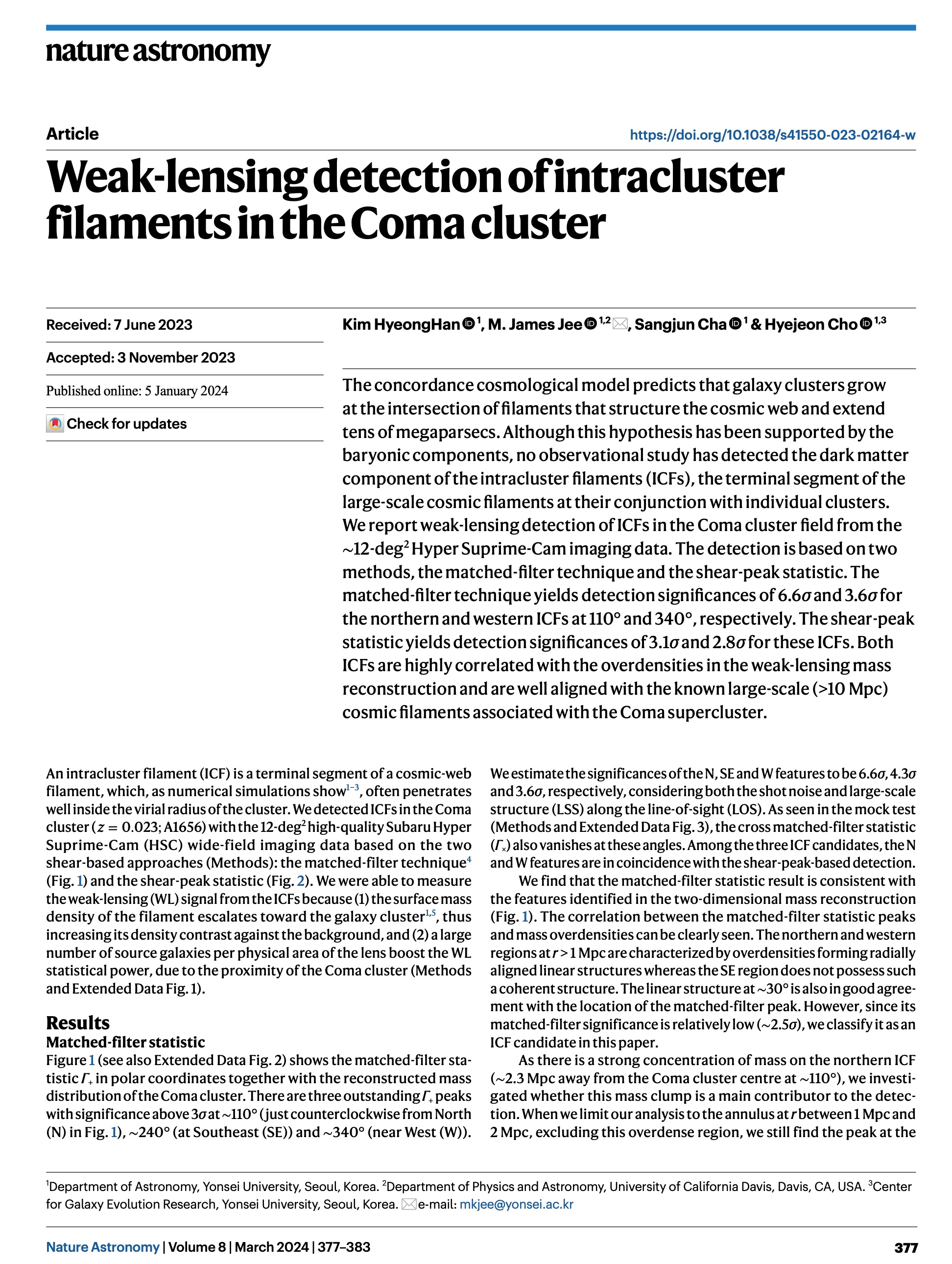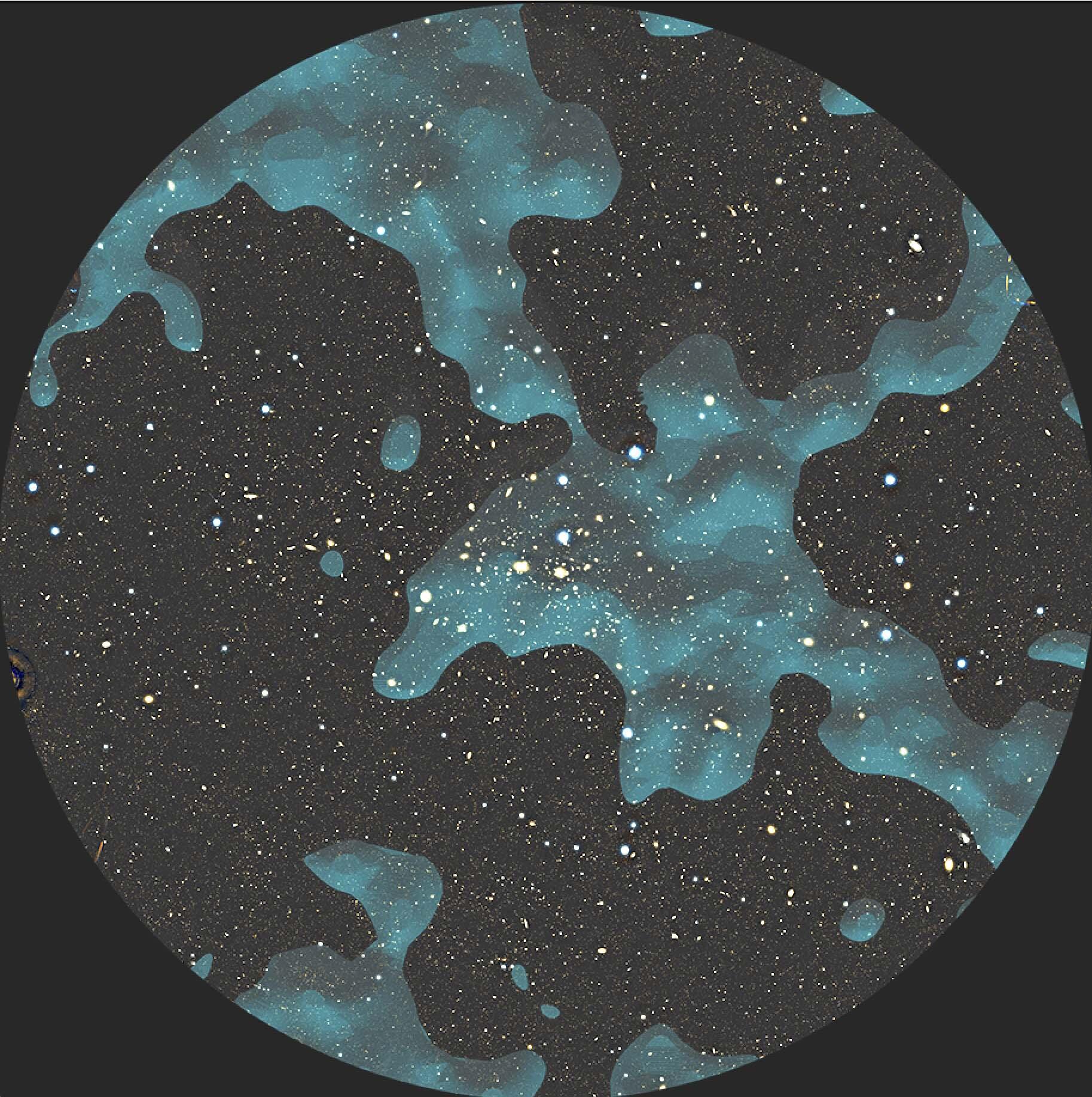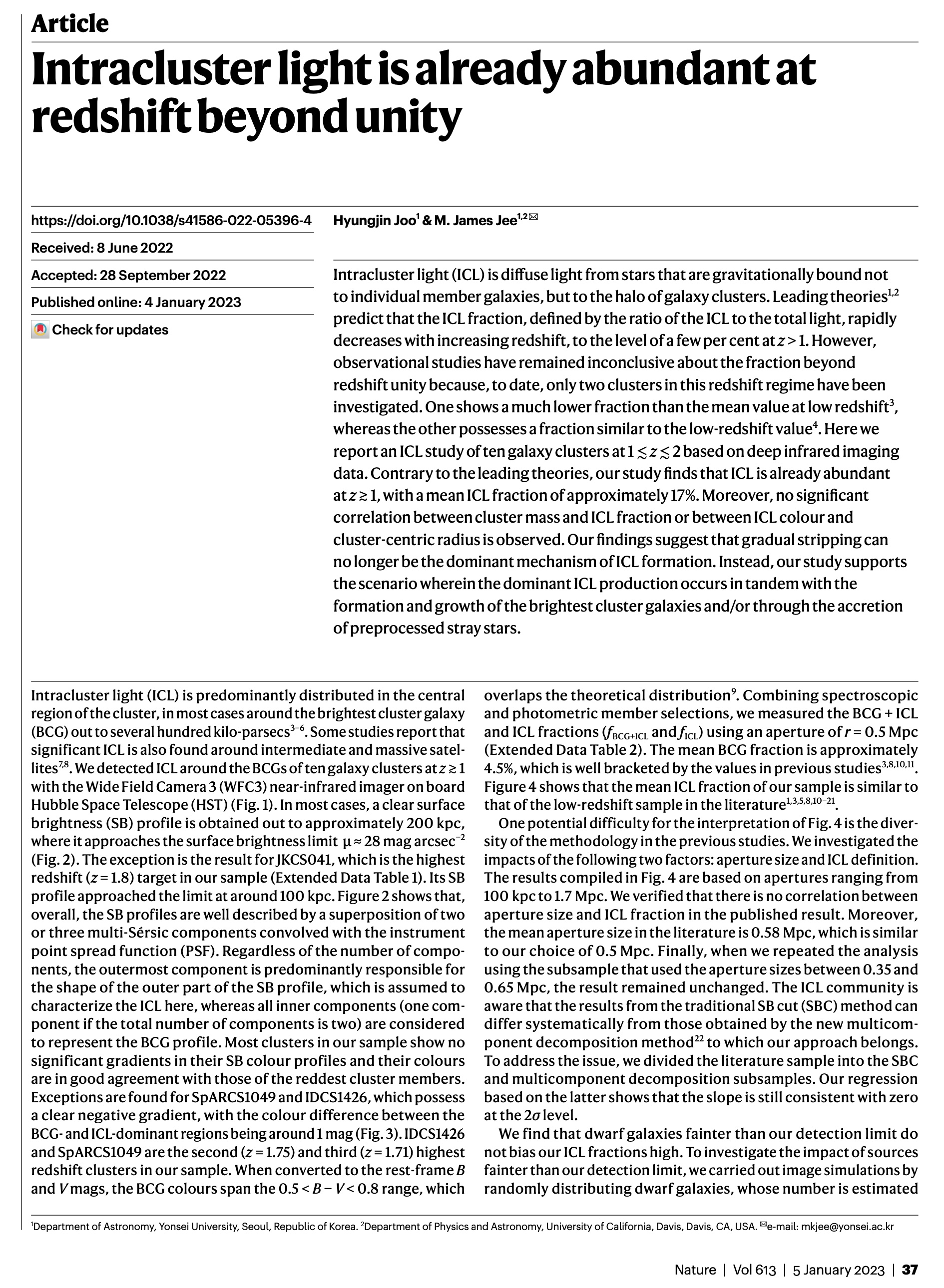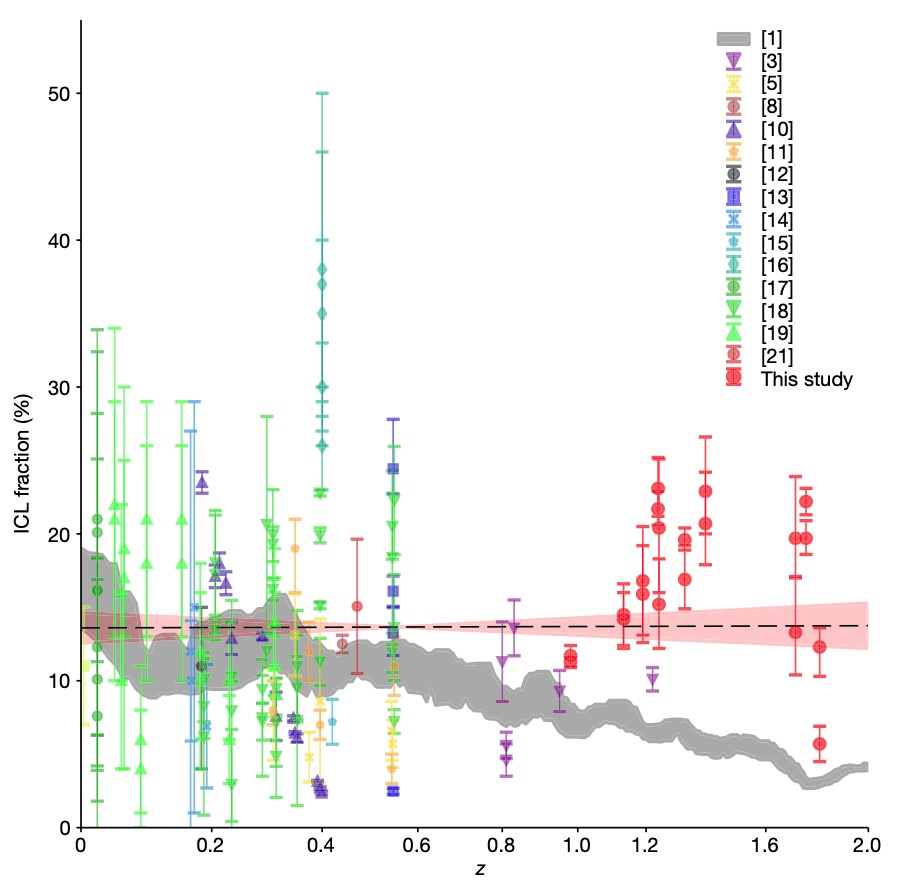Main Page: Difference between revisions
Jump to navigation
Jump to search
No edit summary |
No edit summary |
||
| (One intermediate revision by the same user not shown) | |||
| Line 15: | Line 15: | ||
| [[File:young_beach.jpg|180px]] || [[File:young_638.jpg|160px]] || [[File:young_library.jpg|160px]] ||[[File:young_neworleans.jpg|158px]] | | [[File:young_beach.jpg|180px]] || [[File:young_638.jpg|160px]] || [[File:young_library.jpg|160px]] ||[[File:young_neworleans.jpg|158px]] | ||
|- | |- | ||
| | | [[File:young_mtn.jpg|160px]] || [[File:young_KAS.jpg|160px]] || [[File:young_EAS.jpg|158px]] || [[File:young_na.jpg|158px]] | ||
|- | |- | ||
|} | |} | ||
Latest revision as of 04:25, 12 July 2024
Welcome to Yonsei Observable UNiverse Group (YOUNG, 연세관측우주론그룹)
 |
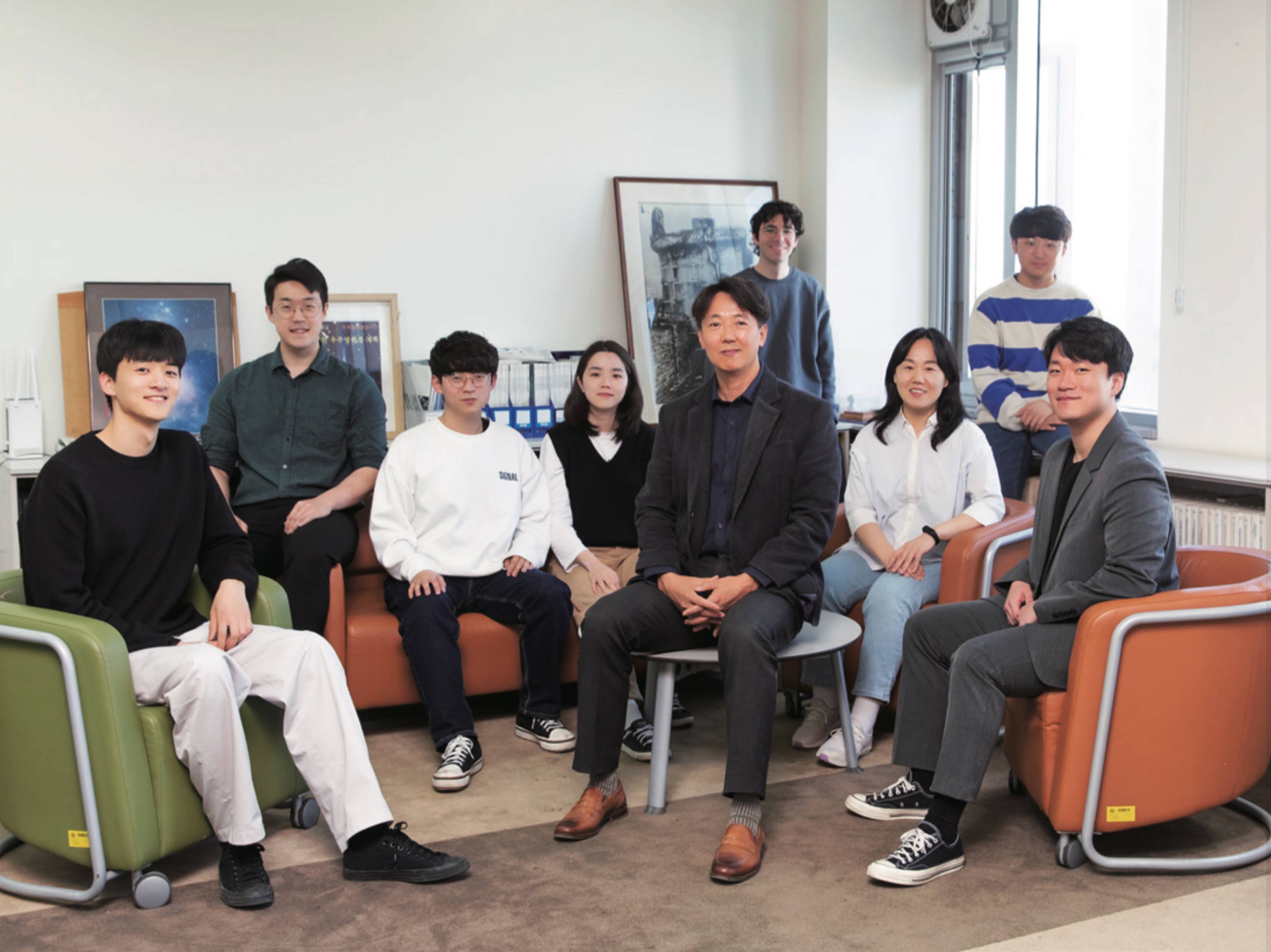 |
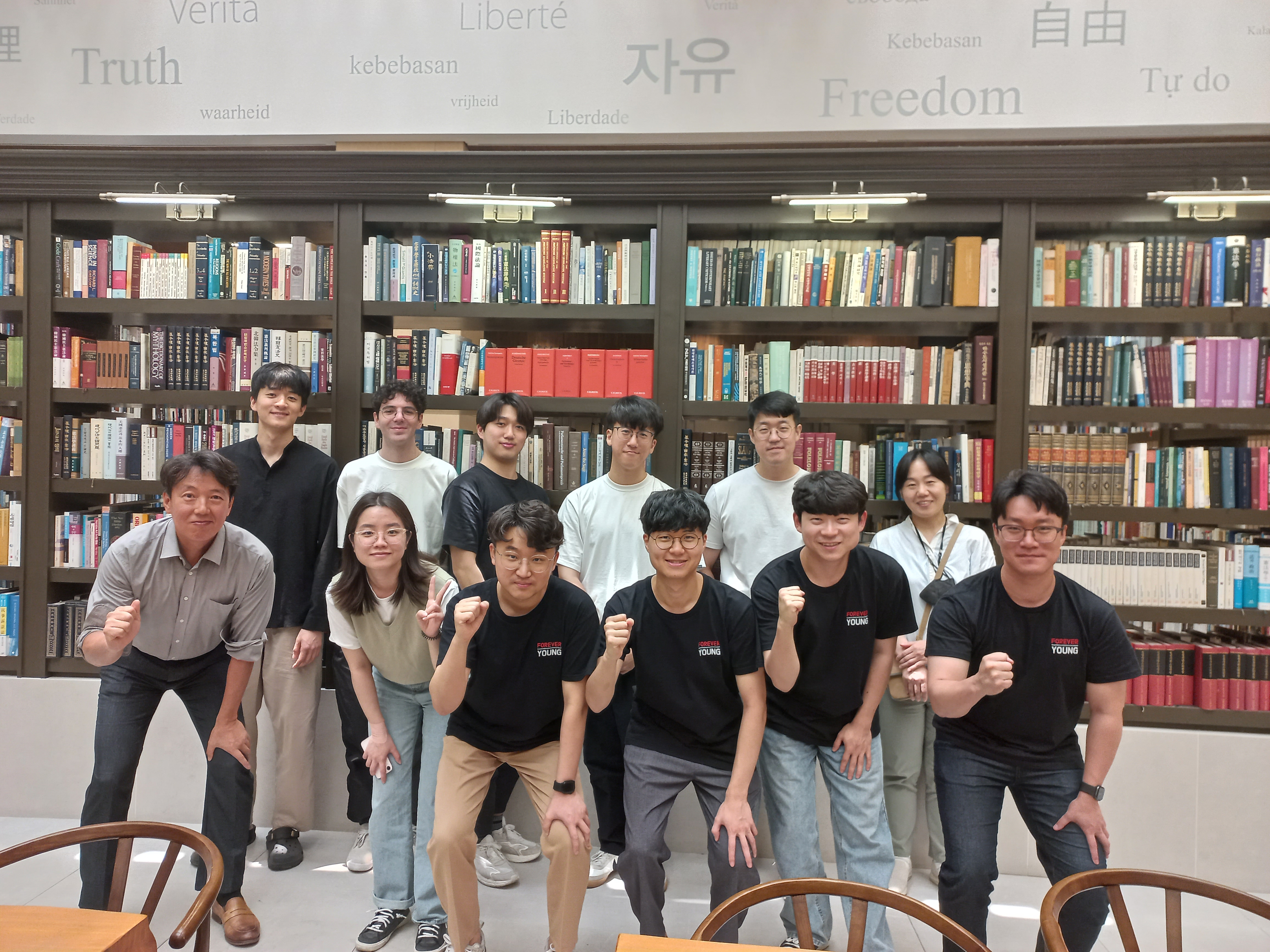 |
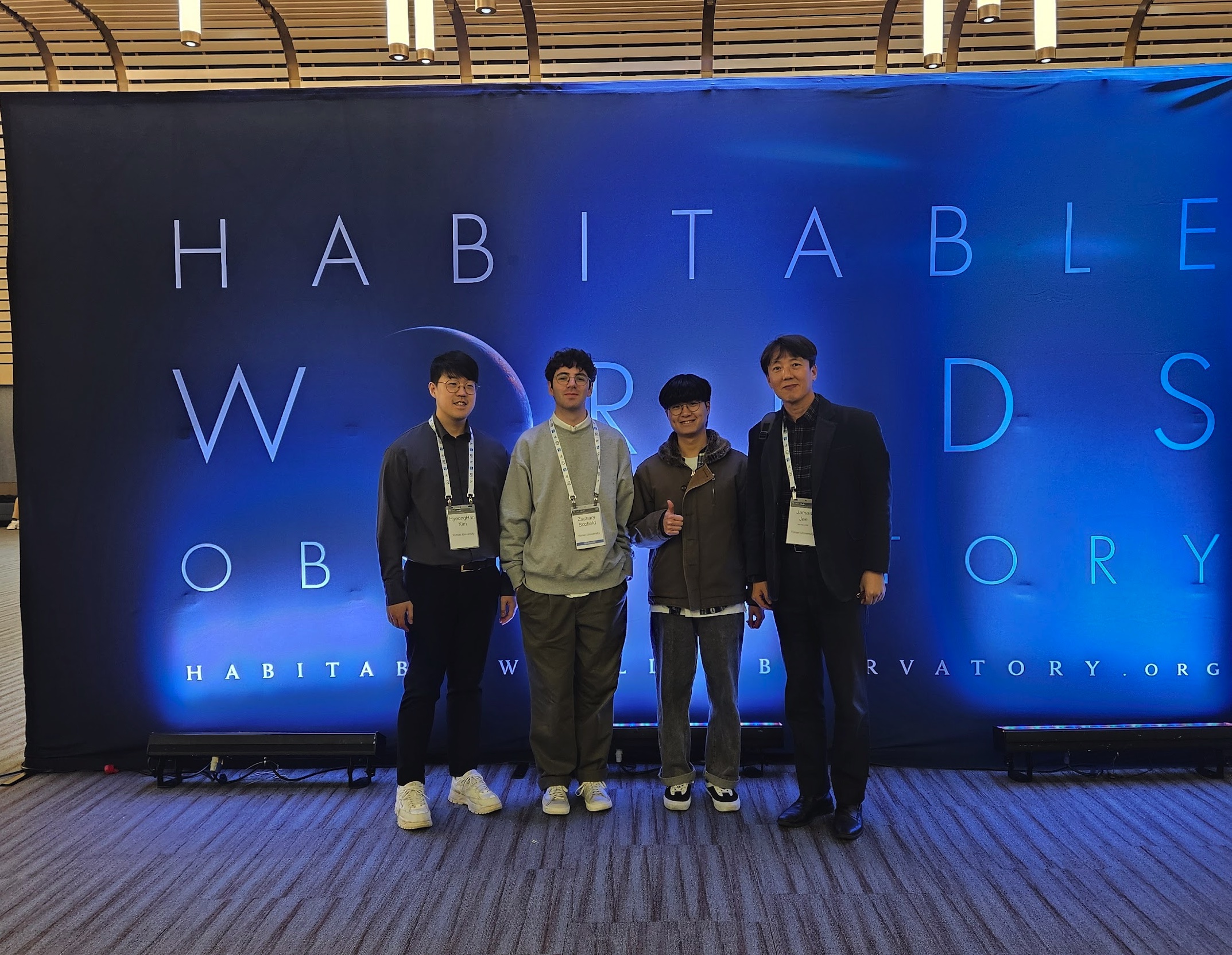
|
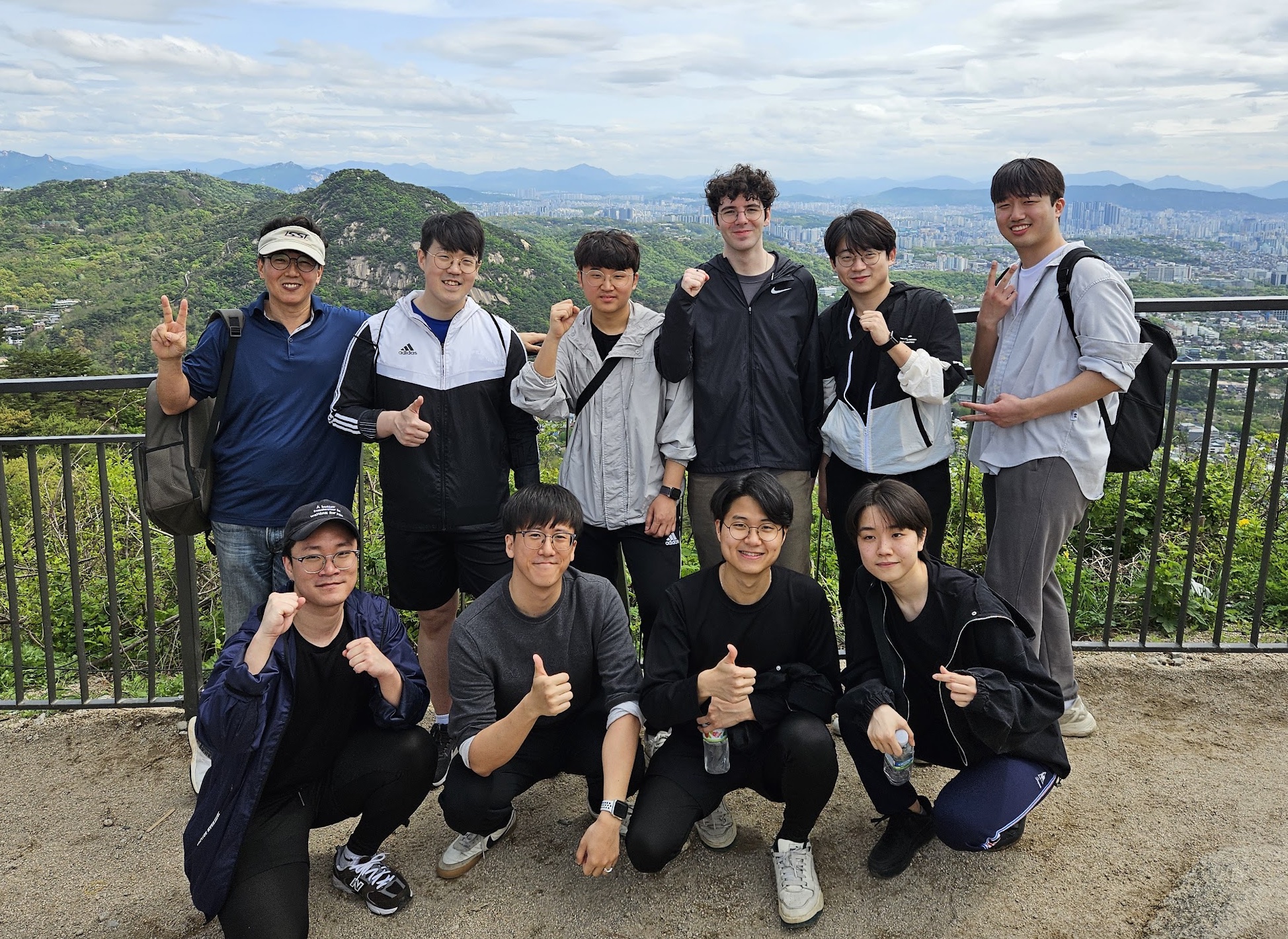 |
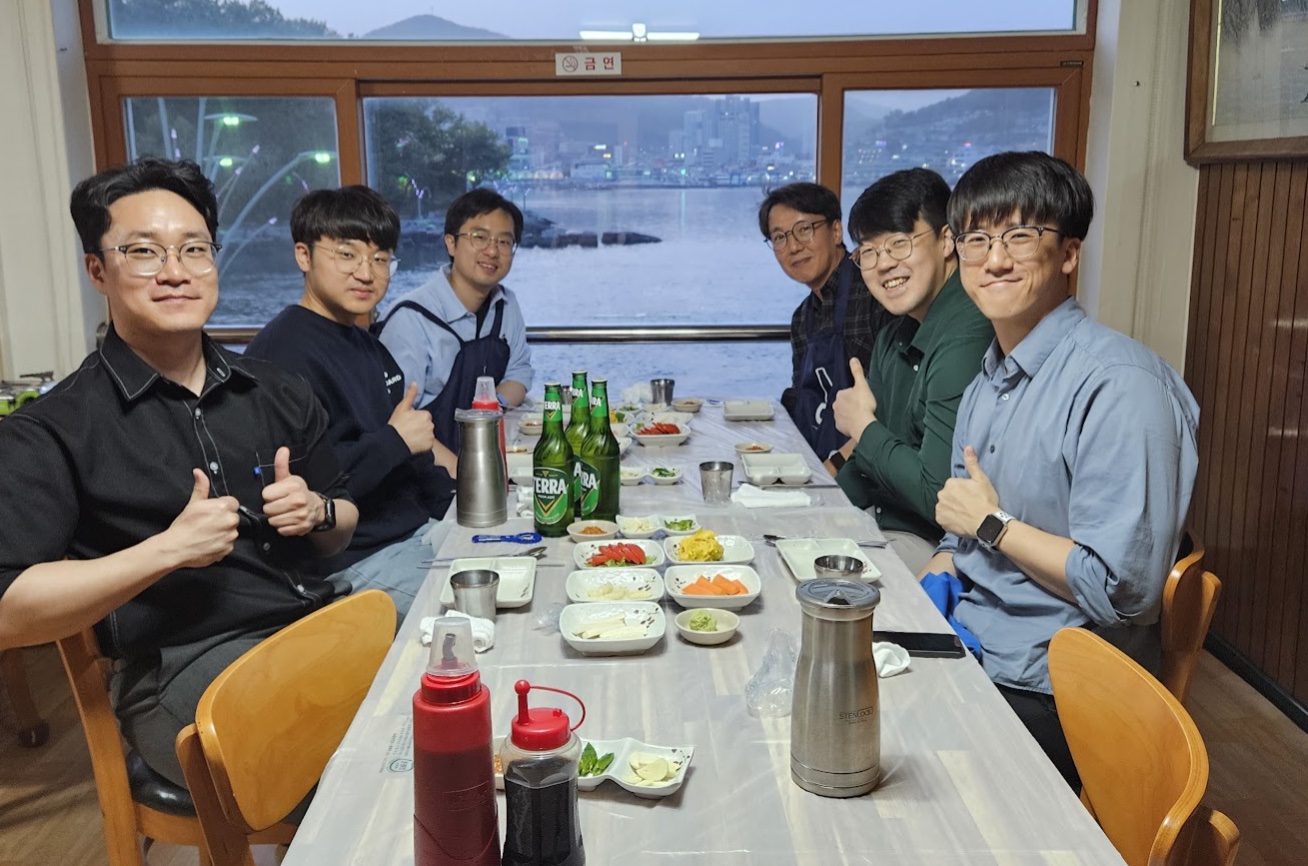 |
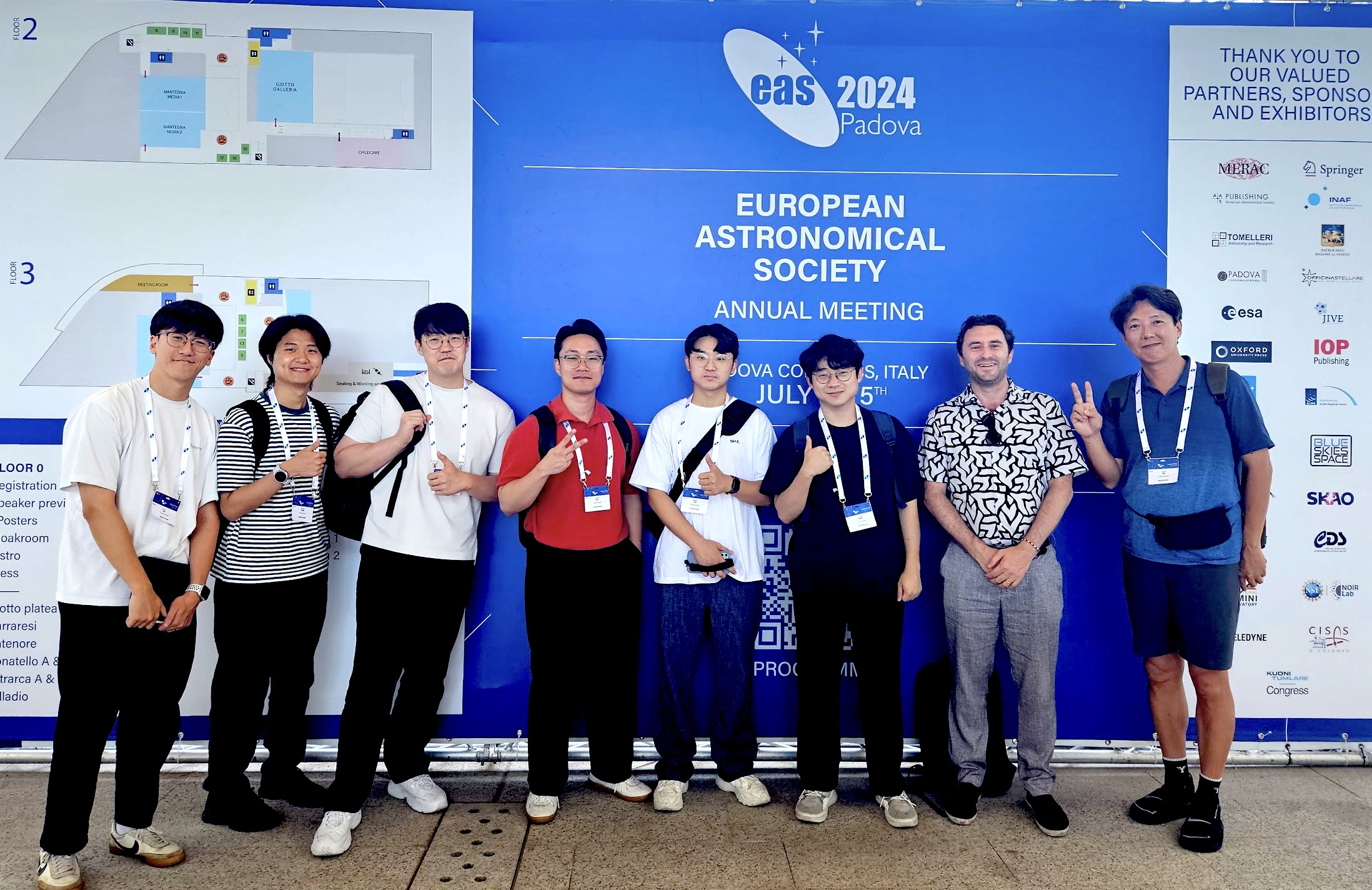 |
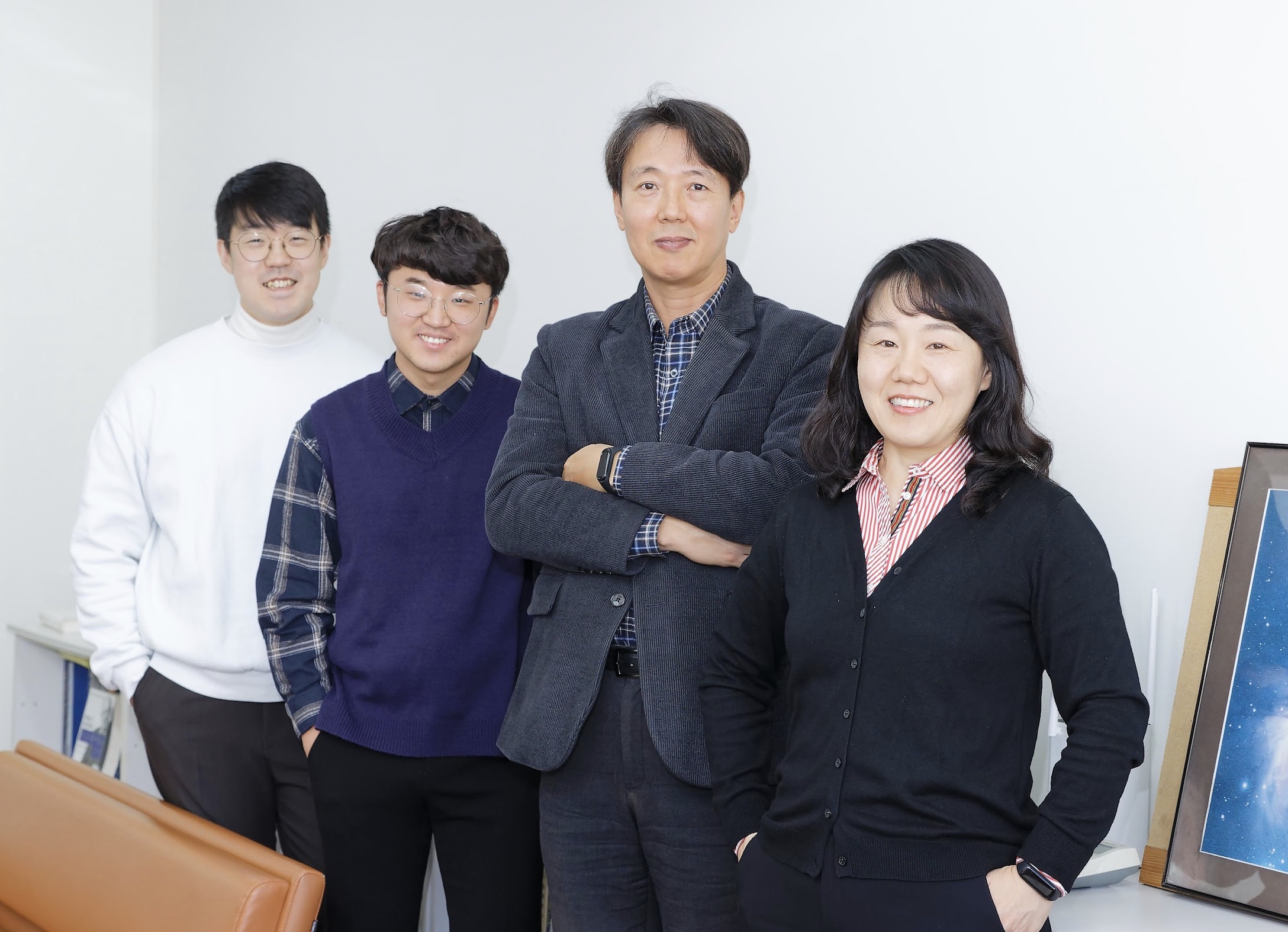
|
Publication in ADS
Google scholar
Research highlights
